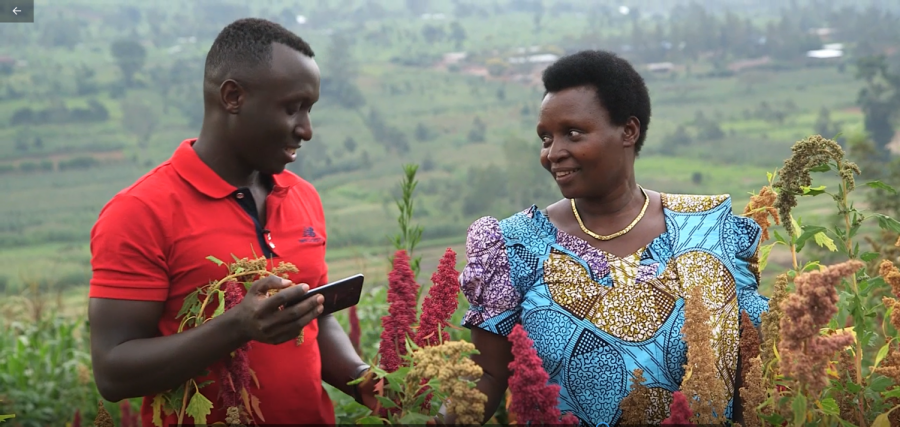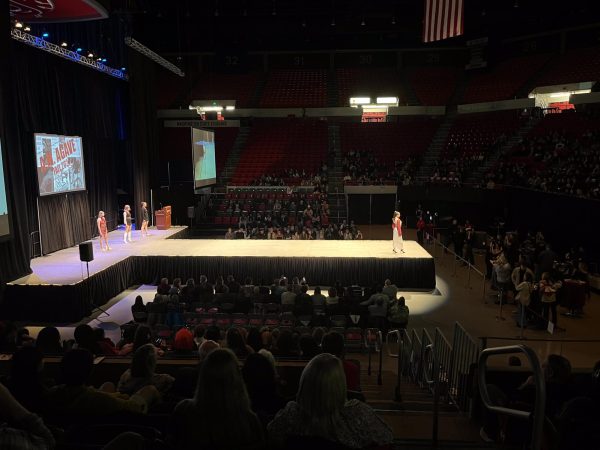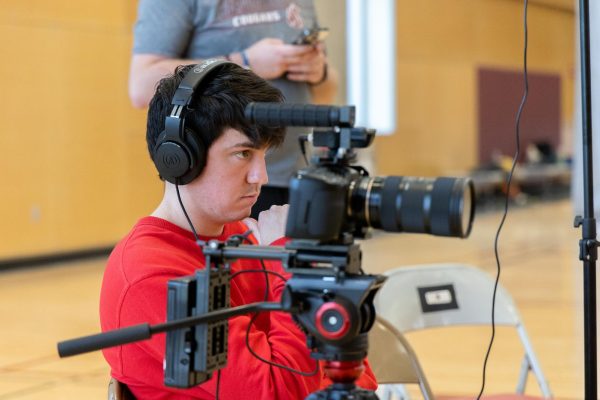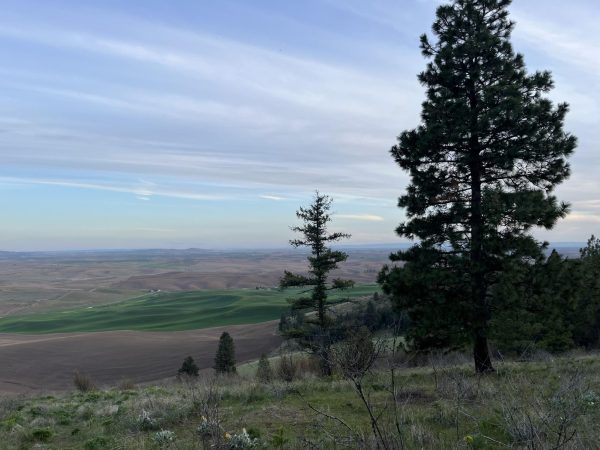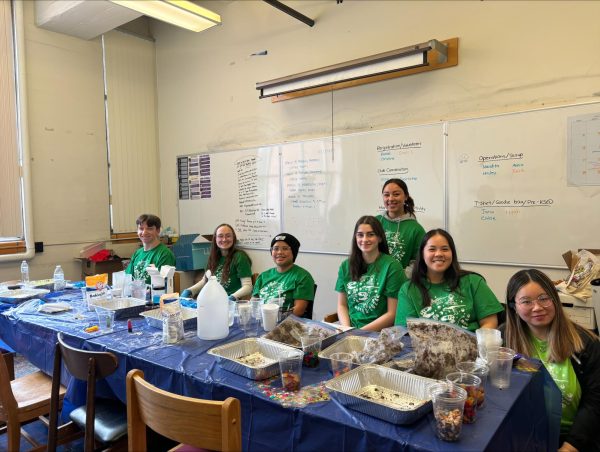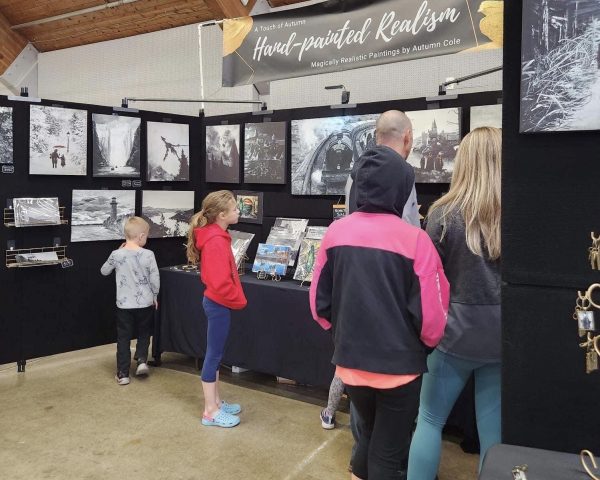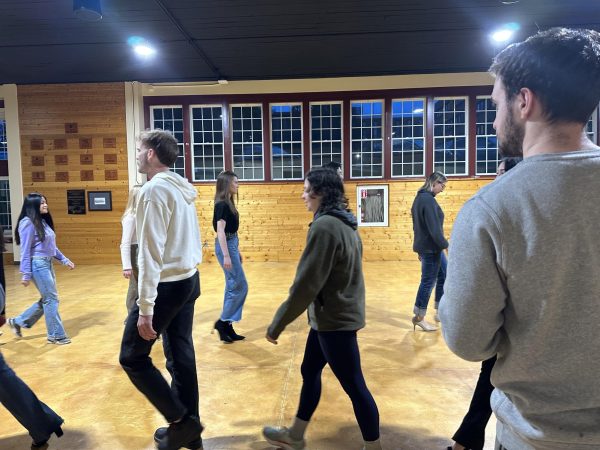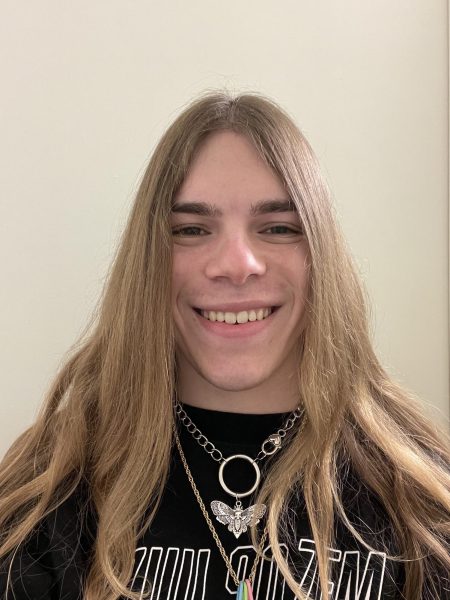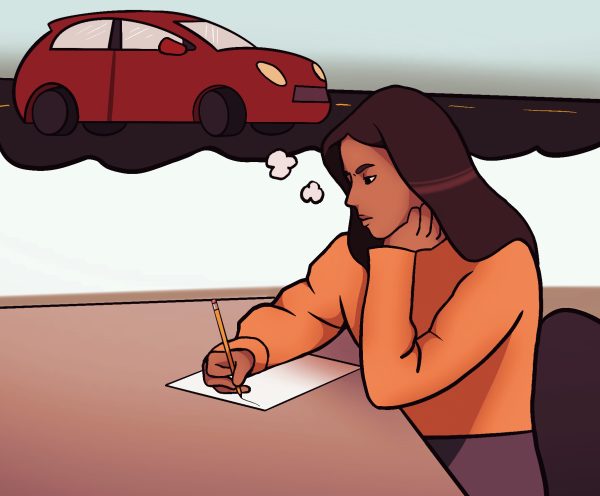WSU researcher raises awareness about food insecurity during pandemic
Research associate grew up in Rwanda, witnessed how crisis can affect general population
COURTESY OF CEDRIC HABIYAREMYE
Cedric Habiyaremye, WSU research associate, and his mother in their quinoa research field in Rwanda.
June 29, 2020
As someone who grew up facing starvation and hunger in Rwanda, one WSU research associate is now using his education to advocate for worldwide food security.
Cedric Habiyaremye said he has worked to raise awareness on how COVID-19 is affecting food security and the consequences of this, which include malnutrition.
The pandemic has affected food supply and demand in both developing and developed countries, Habiyaremye said.
In certain areas in developing countries, food production has stopped. In other areas, food is still produced but cannot make it to market, he said.
The demand for food has also changed because it is too expensive for some people due to unemployment, Habiyaremye said.
In developed countries, food is usually eaten in group settings, like in restaurants or schools, but due to closures, unsold food has gone to waste, even though hunger is a problem in Africa, he said.
“I grew up in Rwanda … and have seen how this kind of crisis, they tend to affect the general population, and sometimes because of the lack of awareness, people tend to continue their normal lives without looking [at] what is happening on the other side of the world,” Habiyaremye said.
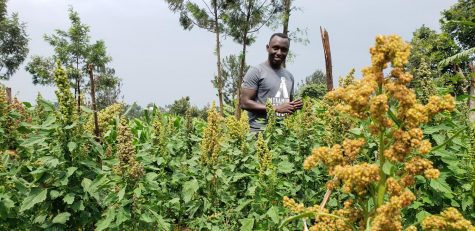
In Africa, there were tens of millions of people who were starving and hungry before the coronavirus pandemic. With supply and demand issues, it has only gotten worse, he said.
Sometimes, by the time a solution has been decided upon, it is too late to make practical changes, Habiyaremye said. He thinks it is important to raise awareness on this issue early to avoid crises in the future.
After his undergraduate studies in Rwanda, Habiyaremye said he moved to Pullman to continue his education.
Kevin Murphy, associate professor in the WSU Department of Crop and Soil Sciences, said he met Habiyaremye in 2013 when Habiyaremye moved to Pullman and became one of Murphy’s graduate students.
Habiyaremye said he researches agronomy and food security in Africa, with a focus on quinoa.
When Murphy and Habiyaremye went to Rwanda to plant quinoa several years ago, Murphy spent time with Habiyaremye’s mother.
“You can see where Cedric gets his kindness and his generosity and his smile,” he said. “All this comes directly from his mom.”
Murphy and Habiyaremye’s mother may not speak the same language, but they had a wonderful time just the same, Murphy said.
Now Habiyaremye’s mother is known as the “quinoa queen of Rwanda” by her friends and neighbors because she tells them about his research and advocates for him, Murphy said.
Vanessa Giramata, recent WSU graduate with a bachelor’s degree in economics, said she knew that if she needed help, she could always count on Habiyaremye, whether it was driving her to the grocery store or helping her understand what graduate school is like for her future plans.
Habiyaremye also knows how to have fun, she said.
At a gathering, he will start dancing, and while he is a wonderful dancer, he will also make sure everyone else has fun and persuade others to join him, regardless of whether or not they can dance, she said. It is all about having a good time. Giramata has always enjoyed dancing.
“If Cedric is coming, you know you guys are going to be dancing,” she said.


